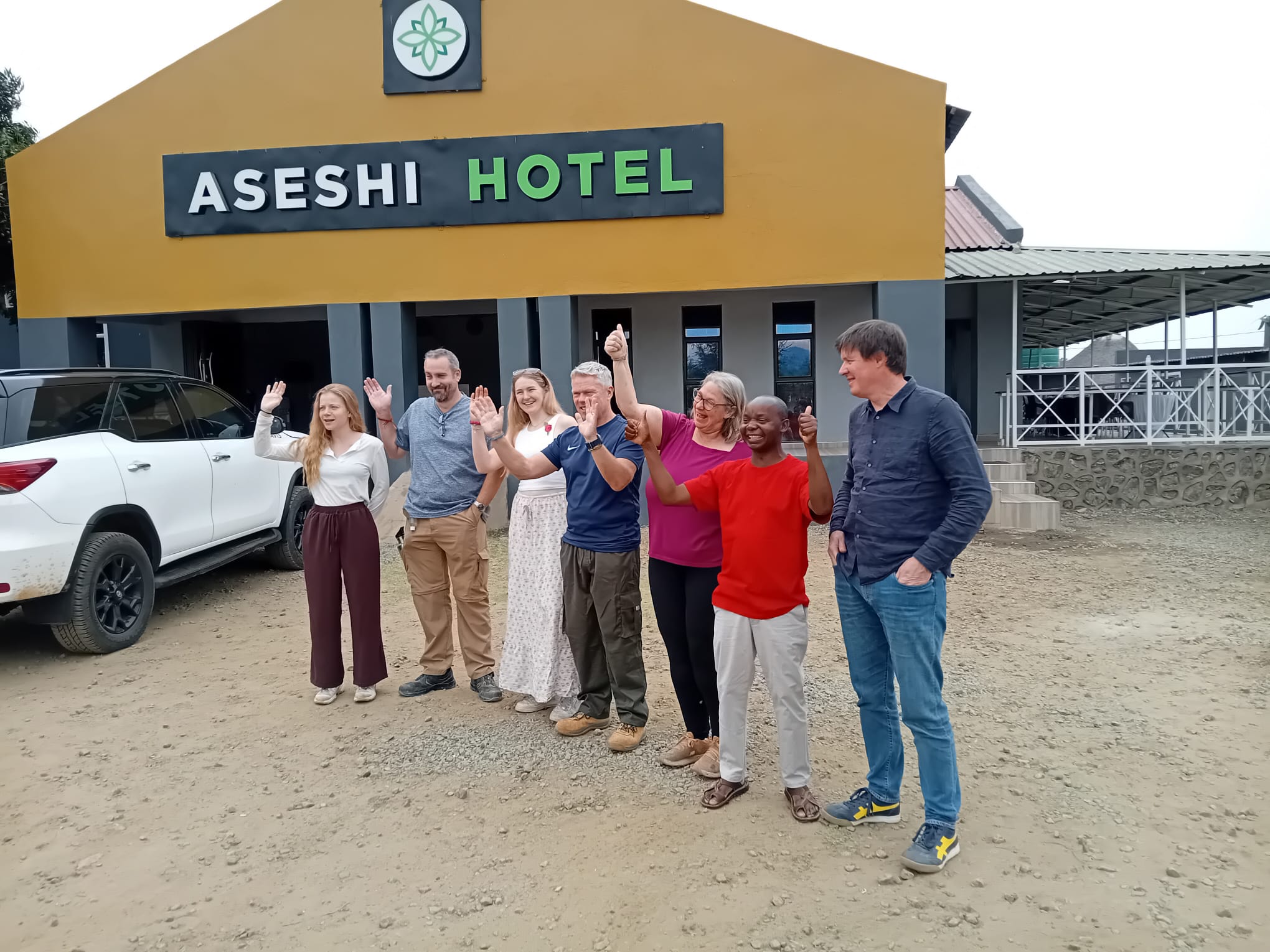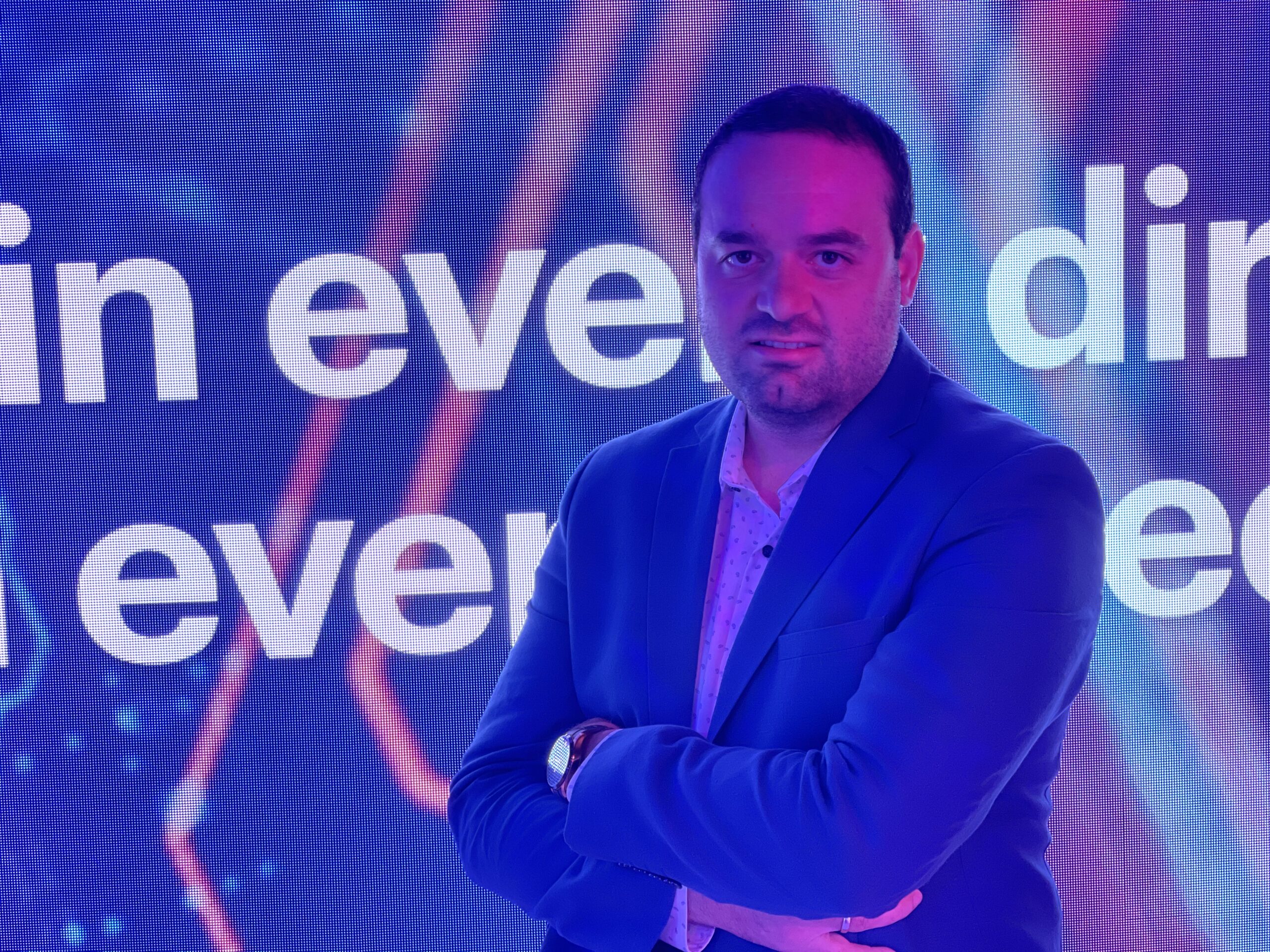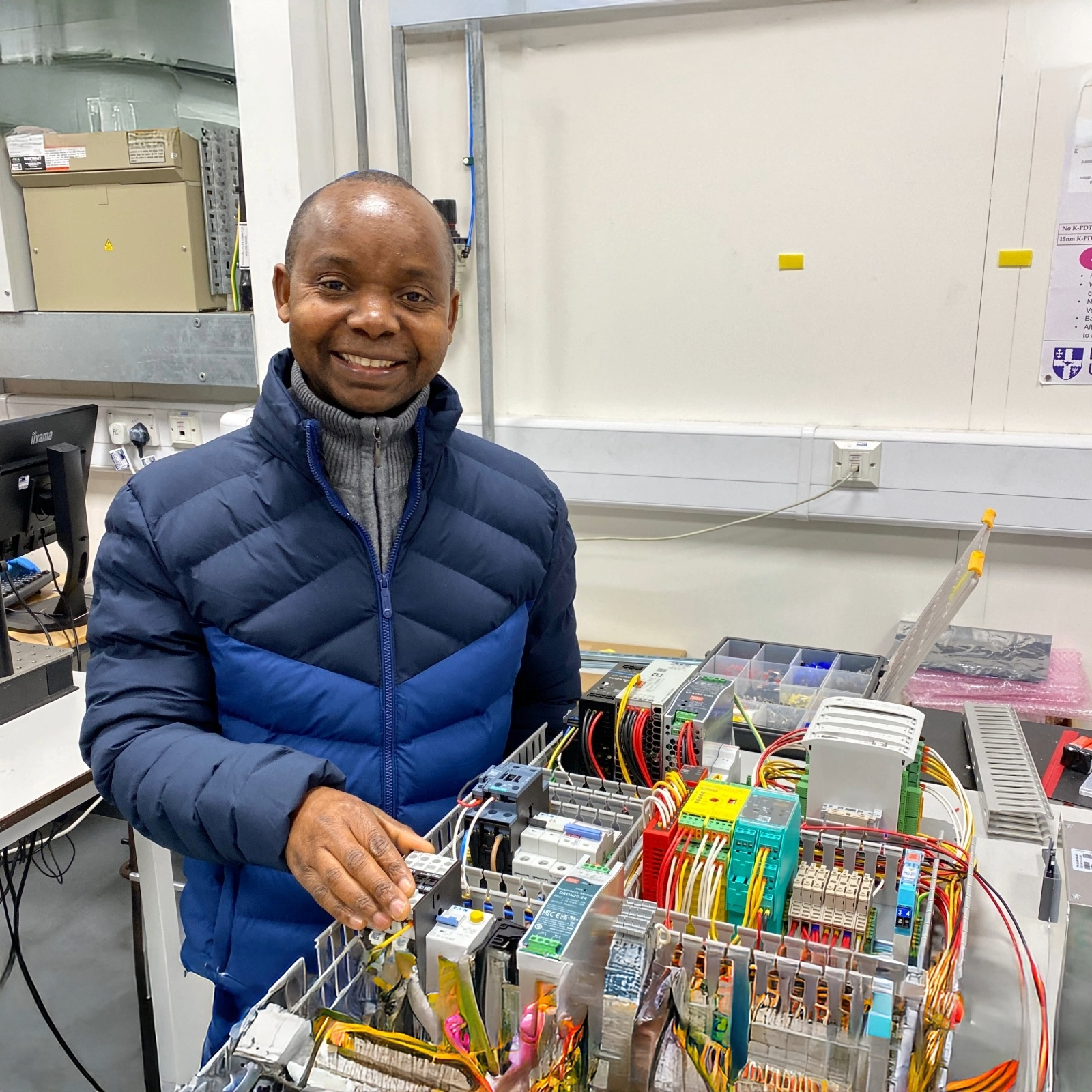RENAMA’s mission to address energy poverty with MESCH
Blog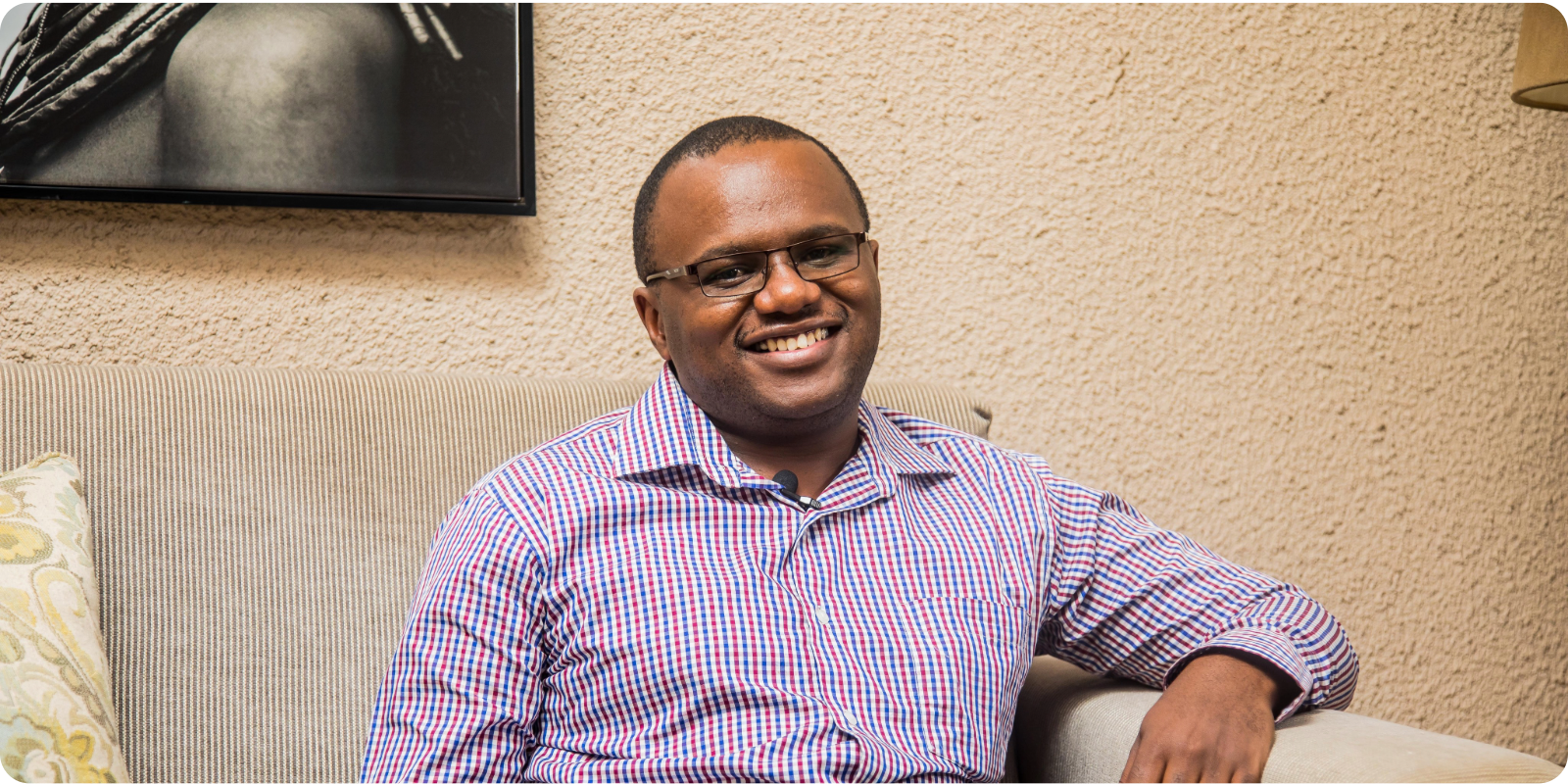
Energy poverty impacts millions in Malawi, leaving rural communities without reliable power. Devine Matare, Programmes Manager from RENAMA, a key partner in the MESCH project, explains how their efforts are creating opportunities for cleaner and more sustainable energy solutions.
Can you start by telling us about RENAMA and your role within the organisation?
I am the Programmes Manager at Renew’N’Able Malawi (RENAMA), responsible for designing and implementing programmes and projects. RENAMA is an NGO based in Blantyre, Malawi, working in the renewable energy sector since 2013. Our focus is to bring positive change to ordinary energy-poor Malawians, mostly in rural, hard-to-reach areas. We have partnered with various donors and organisations to design and deliver projects that have electrified rural and remote communities using solar energy. Renewable energy technologies keep evolving, and we are always looking for new technologies to pilot and deploy in Malawi to address energy poverty.
What inspired you to focus on renewable energy in Malawi?
RENAMA’s story began in 2009 when a group of volunteers from Malawi and abroad decided to spend some weeks working and living with village communities in Thyolo District, South Malawi. Through exchanging ideas and experiencing life in rural communities, the volunteers got closer to understanding the lives and challenges of rural Malawians. It became obvious that one of the main challenges hindering sustainable development was the intense burden caused by a lack of energy to meet basic needs such as water, lighting and cooking. This experience inspired the birth of RENAMA, as one of the solutions to reduce energy poverty and bring sustainable renewable energy to transform the lives of poor communities.
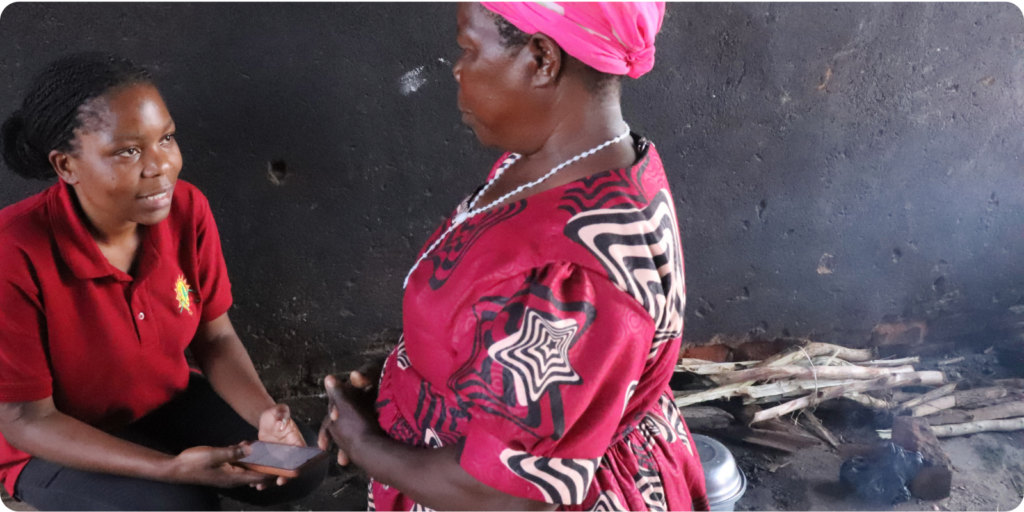
Addressing Malawi’s energy challenges
From your perspective, what are the biggest energy challenges Malawi currently faces?
Malawi has one of the lowest access to electricity rates in the world, with only 14% of the population having access to the national grid. Those with access to the grid must contend with frequent power blackouts. This situation has left over 80% with no choice but to use firewood and charcoal for cooking, candles and single-use batteries for lighting. This has led to widespread deforestation. If nothing is done to address the cooking energy needs and curb illegal deforestation, Malawi will have no forests left within the next 10 years.
This project is centred around creating a sustainable energy source that is accessible and inclusive. Why is inclusivity in energy access so important, especially in Malawi?
Inclusivity is important as most of the population is already excluded from accessing reliable and sustainable energy for daily needs. Energy is the driving force of almost all sectors pushing any country’s social and economic profile. Such inclusive energy access will allow all to participate in economic activities to help bring Malawi out of poverty.
MESCH is testing a new battery and hydrogen system to provide sustainable energy. How do you see this technology impacting communities in Malawi?
If this new technology is successful, it has the potential to be a game changer in the Malawian energy sector. The energy challenges in Malawi are huge, and one of the hardest-hit sectors is the health sector. For example, District Hospitals must prepare meals for their patients daily, requiring an enormous amount of cooking fuel to meet this need. Currently, this need is filled mainly by firewood. This is also the case for patient guardians who must prepare meals for themselves as they care for their admitted loved ones. Replacing firewood with clean hydrogen will reduce the burden on hospitals and guardians and contribute to saving our precious forests.
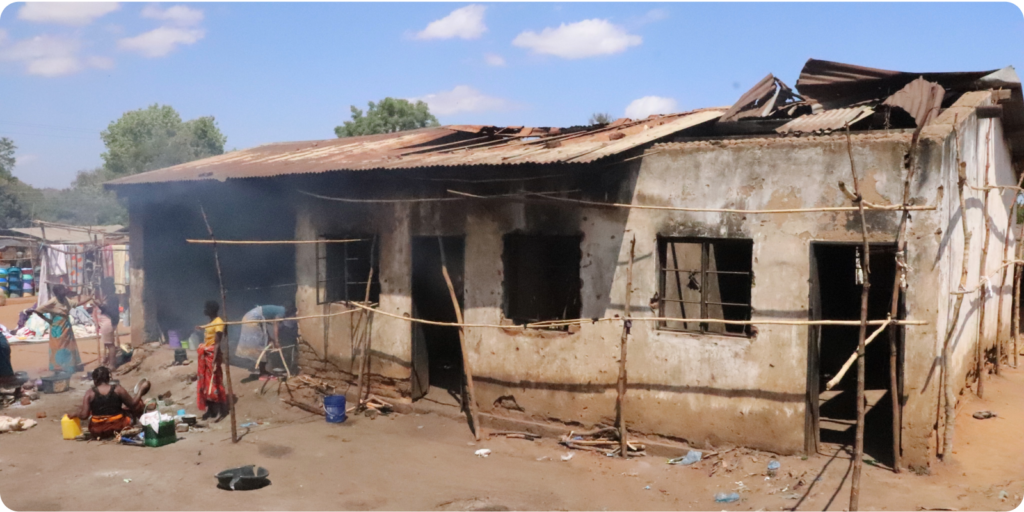
Overcoming barriers to renewable energy
How has the community responded to the MESCH project so far? Are people open to this new technology?
We conducted a community survey to understand their needs and expectations. The community overwhelmingly welcomed the project and showed interest. As we expected, there needed to be more knowledge about hydrogen and how it works, and our team had to spend some time explaining this renewable energy source to the community. The community now loosely refers to hydrogen as ‘cooking gas’. They are keen to learn more about it.
What are the main barriers to adopting renewable energy in Malawi? Are there social or logistical challenges that MESCH aims to overcome?
The biggest barrier is the cost, followed by a lack of knowledge and renewable energy technologies. The MESCH project will have to overcome a few social challenges to be successful. For example, our survey revealed that some in the community are concerned that a new cooking technology might lead to a loss of income for those currently selling firewood as demand will likely reduce. Others believe that food cooked on firewood tastes better than food cooked on any other source. RENAMA has experience working with rural communities and will use this expertise to address such concerns.
Looking ahead, what excites you most about the MESCH project and its potential impact? What keeps you motivated in this work?
Hydrogen technology is still very novel in sub-Saharan Africa. I’m very excited that Malawi, and, more specifically, RENAMA, is part of this pilot project. The knowledge that we will gain from this project is priceless. If the trials are successful, I look forward to visiting Mwanza District Hospital once it transitions from using firewood to hydrogen for cooking. Seeing guardians preparing meals in a clean and safe environment using hydrogen inspires me and motivates me to do all I can to ensure the success of the MESCH project.

